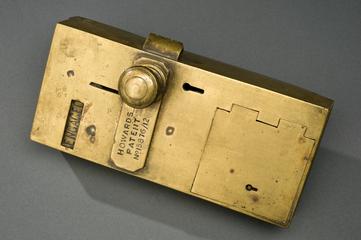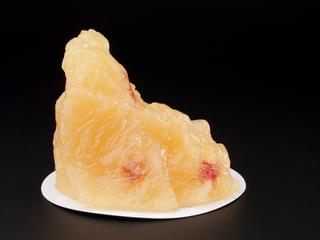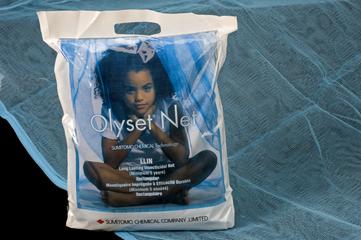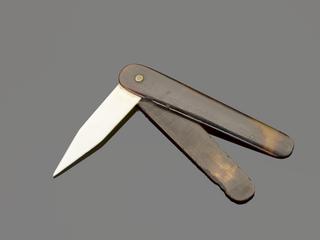
Two glass ampoules of cholera serum, Paris, France, 1916

Glass ampoules, 2, of cholera serum, by Laboratoire de Serothapie de l'Armee, French, 1916
The serum contains antibodies from an animal infected with cholera and was used to immunise people against the disease. Cholera is a water-borne disease affecting the small intestine and causing diarrhoea and vomiting. The name of the Laboratoire de Sérothérapie de l'Armée, which made this serum, translates as the “Army Laboratory for Serotherapy”. Serotherapy is the treatment of infectious disease by injection of immune serum. This was made for the French Army during the First World War, and produced in 1916. It was considered important to immunise soldiers against cholera as it was important to keep a fighting force fit and healthy. Prevention of disease aimed to ensure that soldiers were at peak physical condition to fight.
Details
- Category:
- Public Health & Hygiene
- Collection:
- Sir Henry Wellcome's Museum Collection
- Object Number:
- A629775
- Materials:
- glass, paper (fibre product), materia medica and complete
- Measurements:
-
overall - previous: 105 mm 25 mm, .04 kg
- type:
- immune serum




